Election 2022: Who’s afraid of a debate?
ALP policy weakness was on display in the first week of the campaign, but the Coalition can’t be complacent.
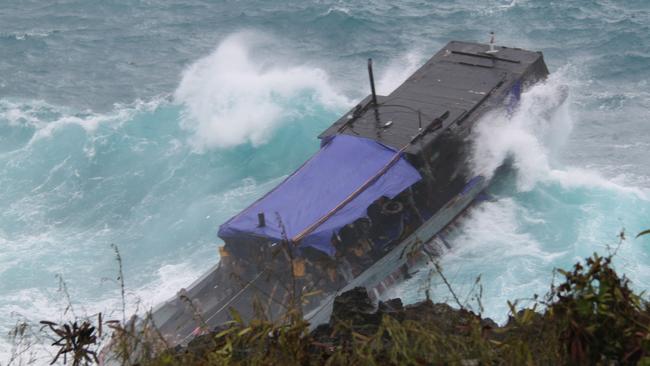
Albanese knew nothing about the cash rate or the current state of monetary policy and he had no idea about the jobless rate. He scored a lucky break on Thursday when the unemployment rate remained unchanged at 4 per cent, so that having learned the rate belatedly on Monday he did not have to commit a new number to memory.
The alternative prime minister also demonstrated that he did not have the faintest idea about the diabolical dilemma of border protection, seeming to think all boats could easily be turned back whence they had come, rendering offshore processing redundant. This naively simplistic version of border security is even more difficult to comprehend when you consider that Albanese was deputy prime minister in 2013 when Labor argued feverishly that turning boats back was not only impossible but would spark conflict with Indonesia.
It is infuriating and astonishing that after decades of trauma, Labor has refused to learn any hard lessons. Thanks to its indolence under Kevin Rudd and Julia Gillard, we saw more than 800 boats arrive, with 50,000 people churned through detention, and at least 1200 people dying at sea.
Asylum-seekers who could afford to pay people-smugglers took their chances, while poorer, law-abiding refugees had their hopes of resettlement dashed. Public confidence in our immigration system was undermined.
During the past 21 years Labor has said it would turn boats back and then did not; it opposed and then dismantled offshore processing, unleashing the humanitarian disaster; then it ruled out boat turnbacks, citing those hysterical claims about regional strife; in desperation, it then reintroduced offshore processing; and this week Labor was back to promising it would turn boats back, initially saying this would render offshore processing redundant but then, hours later, insisting it would be complemented by offshore detention.
We are now supposed to believe Labor will find someone – at this point Kristina Keneally is designated – with the comprehension and strength of character to make these tough decisions and stick by them while absorbing inevitable abuse from hard-left activists, source nations, the UN, churches and the ABC.
Good luck.
Still, we learned there was more that Albanese does not know, such as who would be his defence minister should Labor win government or even whether it would indeed be Keneally who guards our borders. This is because such matters are not the domain of the Labor leader before the election but, rather, that of the faction leaders after the election.
To be fair, there was one blank answer in Albanese’s week that was encouraging; he was flummoxed by the name Lorraine Finlay. She happens to be the Australian Human Rights Commissioner, and the fact a Socialist Left politician had no familiarity with the person in that role was a sliver of light in an otherwise worrying week.
Former US defence secretary Donald Rumsfeld famously explained your known unknowns are disturbing enough, but there is nothing quite so frightening as the unknown unknowns. And one thing I think we all know this weekend is that this observation now would get only nods of knowing approval from a group of people who previously would not have been Rumsfeld fans – the once confident and now anxious staff at ALP campaign headquarters.
To paraphrase Monty Python, Coalition strategists might ask at the end of every week what Albanese had ever done for them.
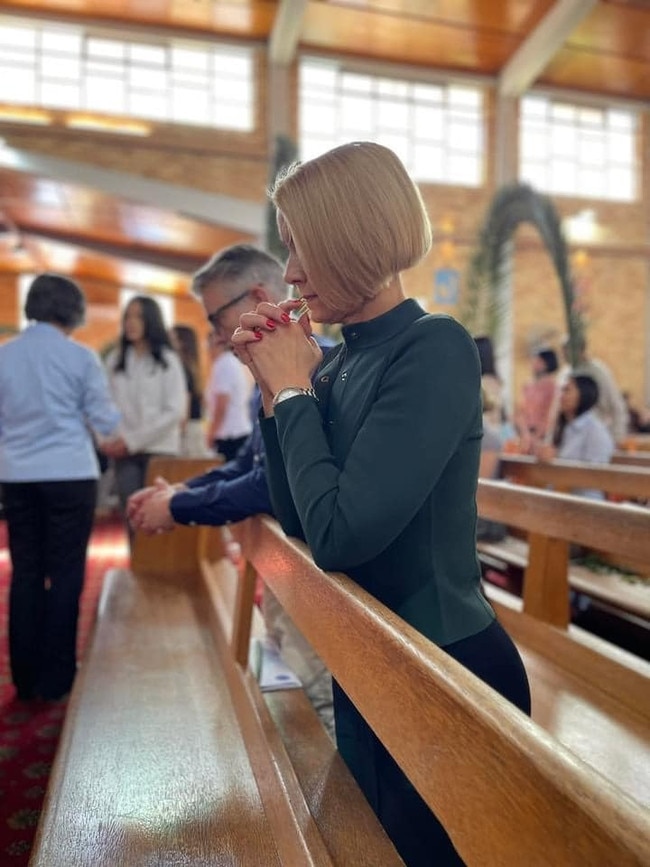
In this week’s debrief they will have to note, aside from not knowing the inflation rate or the jobless rate, and being clueless on border protection, and having to apologise for falsely maligning a voter whose question he refused to take, and running from reporters’ questions, aside from all that – oh, and not being able to confirm who would be in charge or defence or borders, aside from all that – what has Albanese done for the Coalition campaign?
This is all playing out exactly as I have predicted for months, only much more spectacularly than anticipated. Labor has major weaknesses in its fundamental policy positions, and it is only when the election contest is real that the media and public apply proper focus and scrutiny to the largely binary choice before them.
Twitter-level abuse about handshakes withdrawn during bushfires, or feral attempts to blame Scott Morrison for everything from the temperature of the planet to an alleged rape in Parliament House suddenly are revealed to be as consequential in the public debate as they always have been to most thinking Australians.
To be sure, the contest is not decided and neither side has an easy path to victory. In voters’ minds, there is likely still a pox on both their houses. But the reality of the electoral challenge must now be clear to even the most bullish Laborite.
Morrison needs to guard against complacency or thinking he can cruise to a Steven Bradbury finish. The Coalition still faces a difficult task, state by state and seat by seat, needing to win every campaign week against Labor.
Predictably but sadly, the campaign is hardly high-minded. If we consider the national interest, the cross-party election agenda seems about as ambitious as proffering a toasted ham and cheese sandwich on MasterChef.
It is a constant frustration of our political system that, except in the rarest of cases (think 1998 and the GST), election campaigns constrict the debate rather than expand it. New ideas are shunned and the major parties are determined to drive straight and cautiously in their lanes.
Instead of discussing the broad issues and major reforms that might improve our nation in the medium or long term, the campaign debate is corralled into a narrow range of issues that one or other of the major parties believes could be electorally advantageous. Rather than licensing debate, modern campaigning strives to shut down issues and voices deemed as distractions, leaving the chosen players – party leaders and other selected spokespeople – to conduct the “debate” within carefully defined parameters.
Think of the debate about the Indigenous voice. Despite this being a pivotal issue and historic opportunity for national reconciliation and, I would argue, redressing Aboriginal disadvantage and closing the gap, neither side wants to bring this into the election debate.
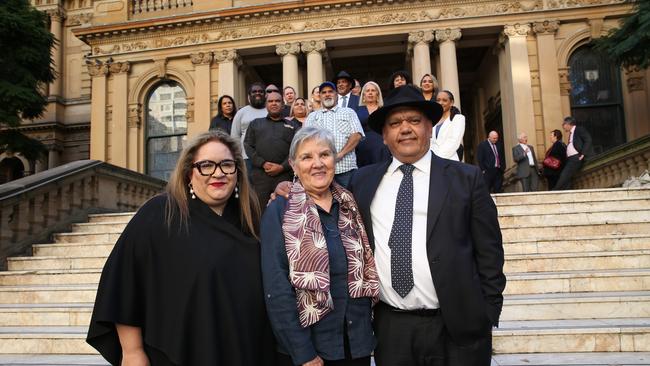
Why not? Those in favour of this reform believe it is overdue and are eager to have it implemented in the hope it can deliver some of the practical outcomes that have eluded us for so long. And many of those who oppose it seem to think it is some radical and divisive move that will undermine our Constitution and society.
With such divergent views there could hardly be a more important issue to debate, or at least agree to debate properly in the future through a referendum campaign. Yet because neither major party is confident of an electoral advantage, the issue is not just ignored but shunned.
Likewise, nuclear energy. Whether you are a climate alarmist convinced that eliminating carbon dioxide emissions will take us from a planetary Armageddon to nirvana, or a realist who understands that reliable, emissions-free electricity is the foundation of future prosperity and energy security, then you know the switch to nuclear energy, globally and on our shores, is irresistible.
But because neither side of politics is certain of the electoral consequences of such a debate, it is left unprosecuted. Even while France, Britain, Germany, China and other nations confront the twin challenges of energy security and emissions reduction by looking to expand their nuclear energy options, we divorce ourselves from this compelling question.
As a nation we will come back to these questions; along with revising the national curriculum, finding a less alarmist and prescriptive approach to climate change, protecting women and girls from competing against biological males in sport, reclaiming pre-pandemic liberties, entrenching freedom of speech in universities, protecting communities from the annual threat of bushfires and floods, and building resilience against a host of other unavoidable threats.
It is just a pity that during the election season, when the electorate is focused on the debate and the key players, and the media gives over so much time and acreage to political posturing, that we decide to eschew these pressing challenges and focus only on touch-button issues that one side or the other believes will swing the votes of the undecided.


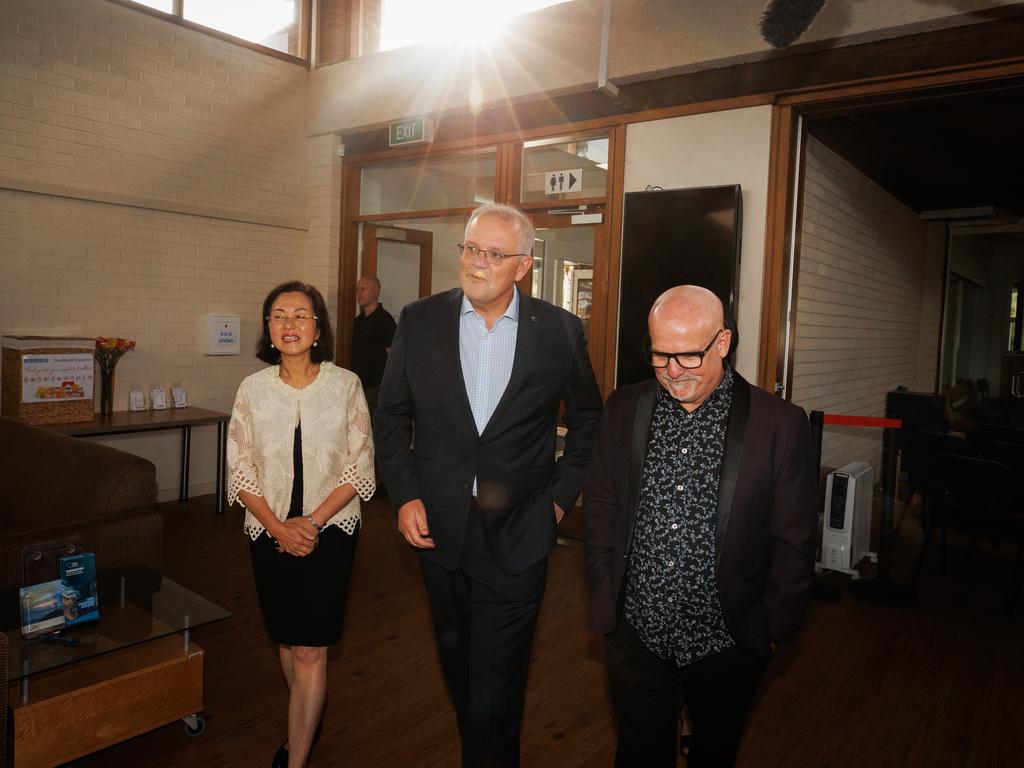
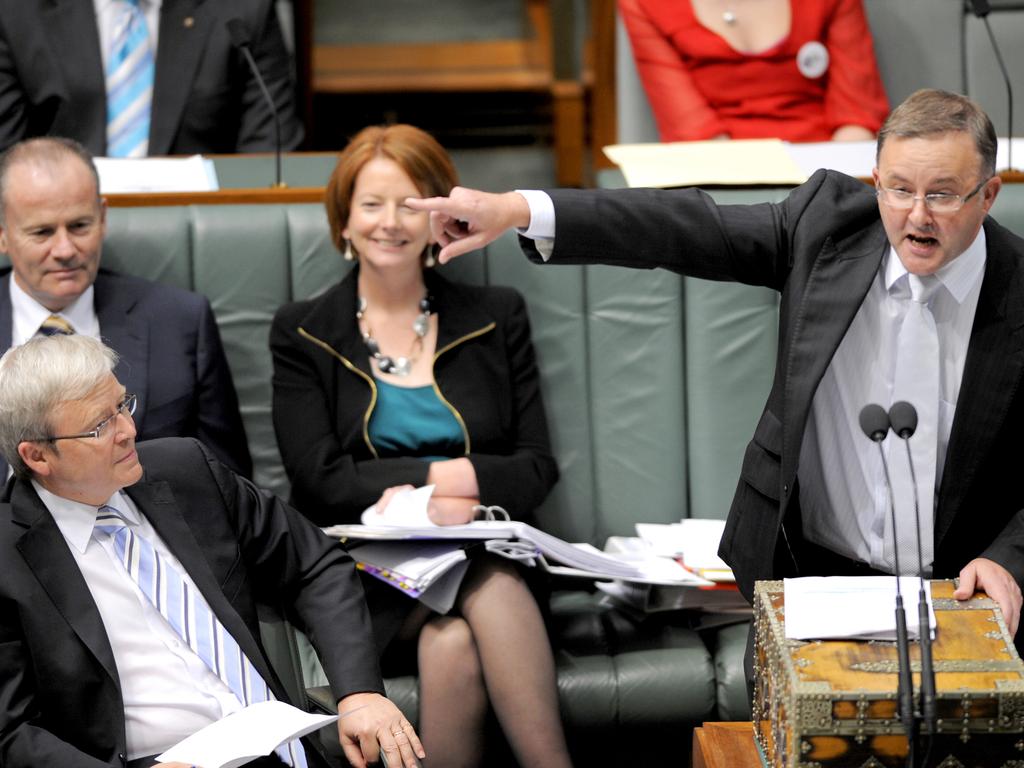


So far the election campaign has been about what Anthony Albanese does not know. The Labor leader seems to have forgotten more about what he does not know than most of us may ever know.